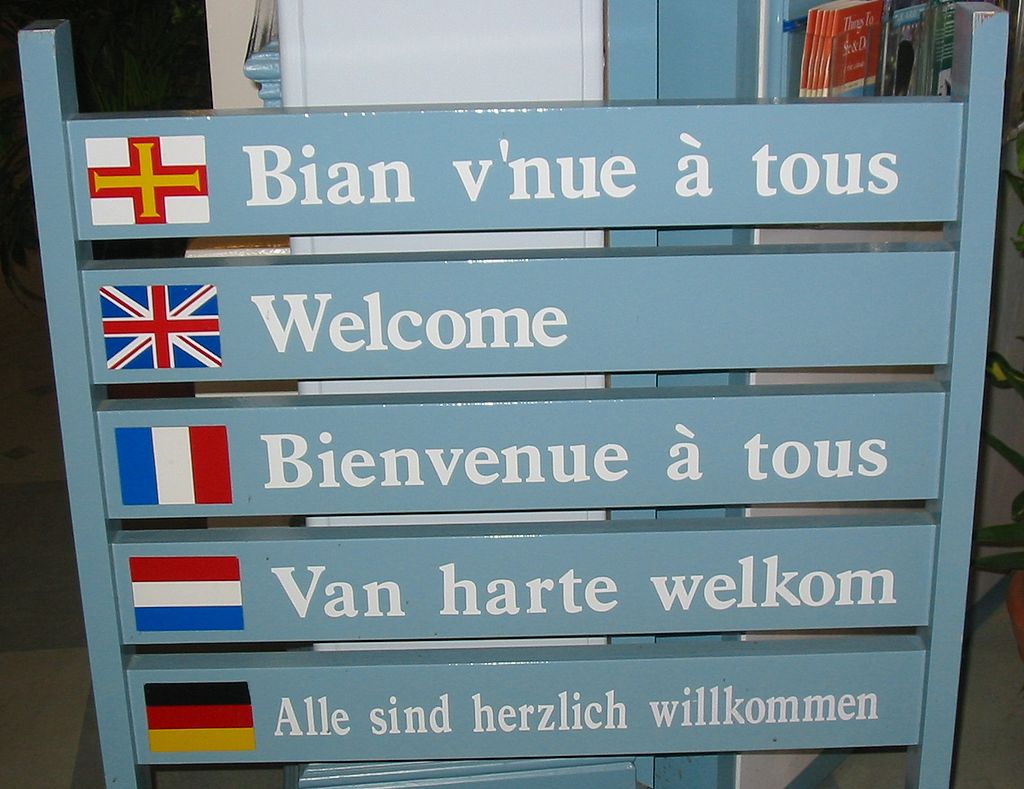According to the Greek newspaper TO VIMA, Greek pupils will be given the choice of studying either German or French as a foreign language (in addition to English). It is commendable that despite fiscal difficulties, the Greek government is still investing in language education. Nevertheless, I would like to problematise the choice of these languages, and how they relate to the linguistic ecology of Greece.
Greece is home to a sizeable immigrant population, and the ongoing financial crisis has meant that many immigrants are now faced with the prospect of returning to their countries of origin. It is disgraceful that the children of immigrant heritage are deprived of language skills that they will require in order to integrate in their parents’ countries. Looking into the future, it is cause for concern that these children will grow to be bilingual in their mother language and in Greek, whereas Greek children will be unable to communicate in the language of our neighbours. The implications for conducting business in the region need not be spelled out. Finally, it is puzzling that our foreign language policy purports to foster multiculturalism, but does so by silencing the languages of our northern neighbours, our non-Greek heritage languages, and the languages of the immigrants living among us. In other words, there are many valid reasons why we might wish to educate our youth in languages such as Albanian, Bulgarian, or indeed Turkish, and I am surprised that they appear to have been overlooked.
It is not my intention to state that learning French and German is not a worthwhile endeavour. However, I am challenged to think of compelling reasons why these languages should be given priority over the ones present in the local linguistic ecosystem. I am equally surprised that they should be given priority over other international languages such as Spanish, Arabic or Mandarin Chinese, for that matter. For this reason, I would have found it useful if our policy makers were to provide us with an explicit articulation of the rationale that underpins this new policy. In the absence of such information, one may speculate all sorts of shady motives.

Leave a Reply